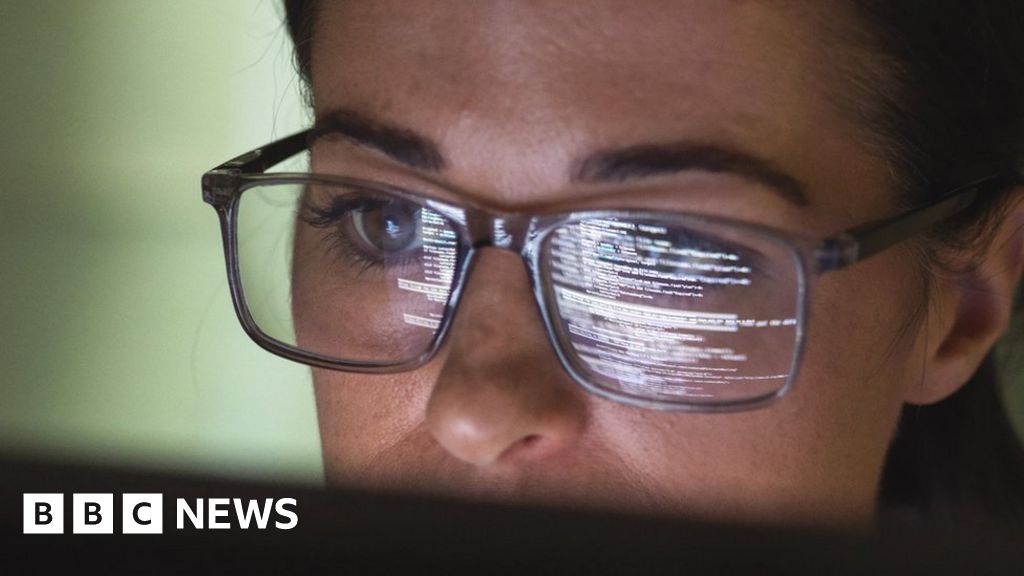Artificial intelligence is set to affect nearly 40% of all jobs,
IMF’s managing director Kristalina Georgieva says “in most scenarios, AI will likely worsen overall inequality”.
Ms Georgieva adds that policymakers should address the “troubling trend” to “prevent the technology from further stoking social tensions”.
Ms Georgieva adds that policymakers should address the “troubling trend” to “prevent the technology from further stoking social tensions”.
The IMF said AI will likely affect a greater proportion of jobs – put at around 60% – in advanced economies. In half of these instances, workers can expect to benefit from the integration of AI, which will enhance their productivity.
In other instances, AI will have the ability to perform key tasks that are currently executed by humans. This could lower demand for labour, affecting wages and even eradicating jobs.
Meanwhile, the IMF projects that the technology will affect just 26% of jobs in low-income countries.
Ms Georgieva said “many of these countries don’t have the infrastructure or skilled workforces to harness the benefits of AI, raising the risk that over time the technology could worsen inequality among nations”.
Artificial intelligence is set to affect nearly 40% of all jobs,
Ms Georgieva adds that policymakers should address the “troubling trend” to “prevent the technology from further stoking social tensions”.
IMF’s managing director Kristalina Georgieva says “in most scenarios, AI will likely worsen overall inequality”.
The IMF said AI will likely affect a greater proportion of jobs – put at around 60% – in advanced economies. In half of these instances, workers can expect to benefit from the integration of AI, which will enhance their productivity.
Ms Georgieva adds that policymakers should address the “troubling trend” to “prevent the technology from further stoking social tensions”.
Ms Georgieva adds that policymakers should address the “troubling trend” to “prevent the technology from further stoking social tensions”.
The IMF said AI will likely affect a greater proportion of jobs – put at around 60% – in advanced economies. In half of these instances, workers can expect to benefit from the integration of AI, which will enhance their productivity.
In other instances, AI will have the ability to perform key tasks that are currently executed by humans. This could lower demand for labour, affecting wages and even eradicating jobs.
Meanwhile, the IMF projects that the technology will affect just 26% of jobs in low-income countries.
Ms Georgieva said “many of these countries don’t have the infrastructure or skilled workforces to harness the benefits of AI, raising the risk that over time the technology could worsen inequality among nations”.
#hit #jobs #worsen #inequality #IMF
Note:- (Not all news on the site expresses the point of view of the site, but we transmit this news automatically and translate it through programmatic technology on the site and not from a human editor. The content is auto-generated from a syndicated feed.))



